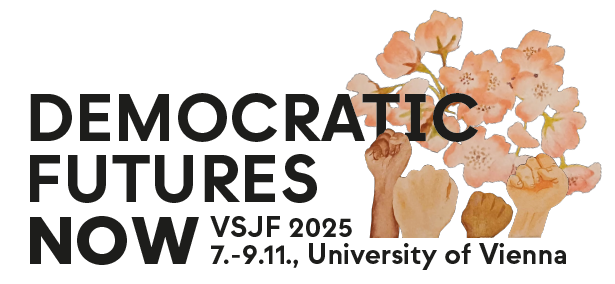Abstract:
Memory, Agonism and our ‘Moment of Danger’
The central role of memory struggles in the rise of the populist radical right has forced the relatively young field of memory studies into the center of debates about democratic erosion. Memory scholars have responded to the task in various ways: They have interrogated the politics of analogy that link current right-wing parties and movements to the history of fascism; they have analyzed and catalogued the different strategies underlying right-wing memory politics in their specific political contexts, from the minimization and rejection to the externalization and celebration of “dark pasts”; and they have engaged in a reflection about the field’s own analytical and normative assumptions that are in potential need of revision. As part of this reflective effort, and ever since Cento Bull and Hansen’s article “On Agonistic Memory” (2016), the field of memory studies has had to reckon with a new account of the politics of memory, one that highlights the inherently conflictual nature of memory struggles and advocates for an adversarial playing field in which different visions of the past need to co-exist and compete. This framework has allowed memory scholars to view not only nativist populist memory as deeply depoliticizing and anti-democratic, but also the cosmopolitan, victim-centered memory consensus that populists claim to attack. However, by importing Chantal Mouffe’s theory of politics, the field has also introduced some of agonism’s dilemmas and open questions, for example regarding its own need for an underlying (memory) consensus or regarding its relationship with populist politics. For now, “agonistic memory” all too often amounts to a mere synonym for practices aimed at situational and temporary disruptiveness, while neglecting questions about building successful long-term counter-hegemonies.







